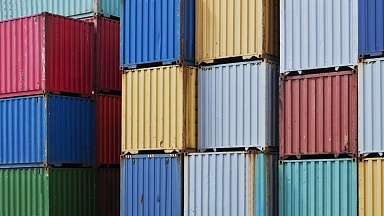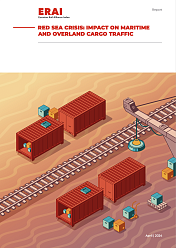Gyorgy Matolcsy, governor of the National Bank of Hungary (MNB), commented on BRI’s success during the 10-year Belt and Road Initiative anniversary seminar in Budapest this week. He underlined that the BRI provided opportunities for infrastructure development, which led to the development of global economic and financial ties. The trade volume between China and Europe might be another story this year since more and more Chinese trains are directed to Russia instead of the European mainland. However, Hungary, the first European country to sign a BRI agreement with China in 2015, does see an increase in Chinese investments.
Hungary is benefiting from investments, especially in the context of nearshoring attempts. «New Foreign Direct Investment (FDI) in Hungary reached an all-time high in 2022,» says CBRE, a real estate company, in a published report. And it «is mostly driven by massive investments of Asian companies into the EV industry».
CATL, the Chinese company that plans to produce lithium batteries in Hungary, is well-known for its 7.3 billion euro investment. BYD, a major Chinese electric vehicle manufacturer, will invest around 26 million euros in a battery plant near Budapest. And Hungary is paving the way for new factories on the horizon. For example, Debrecen, the city housing battery manufacturers such as CATL, completed the first phase of its railway modernisation in its industrial park worth 168 million euros a few weeks ago, making it accessible by rail.
Hungary has grown as a logistics hotspot for China-Europe traffic. The capital city of Budapest is, therefore, the ideal location for the 7th edition of the European Silk Road Summit 2023, to be held on 29-30 November and 1 December 2023. Chinese activity in Hungary and the rail infrastructure supporting this will be on the agenda.





